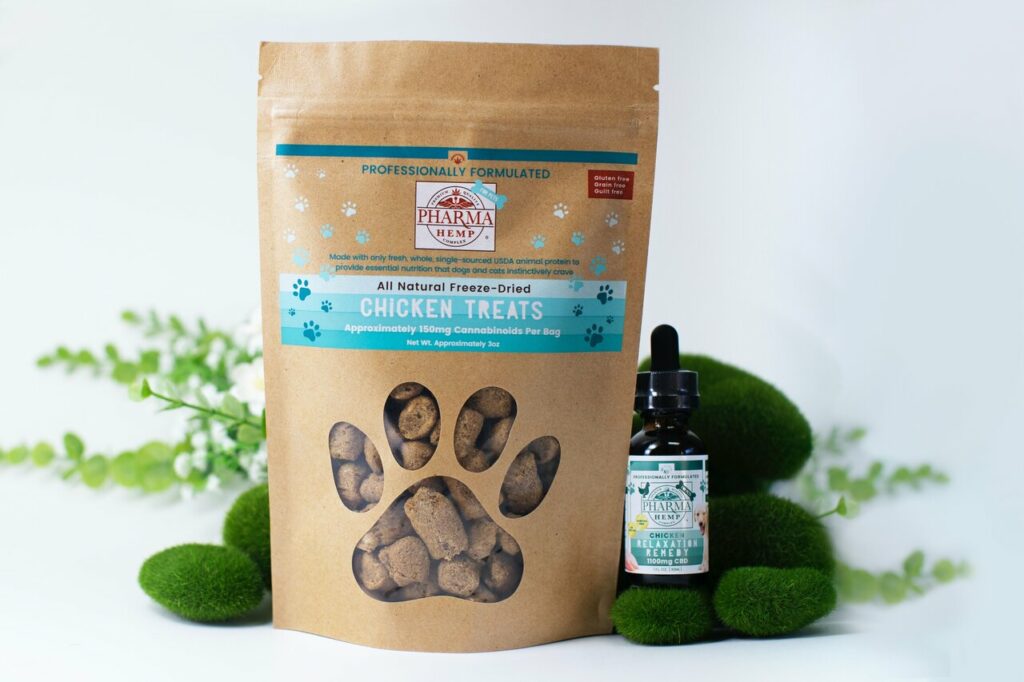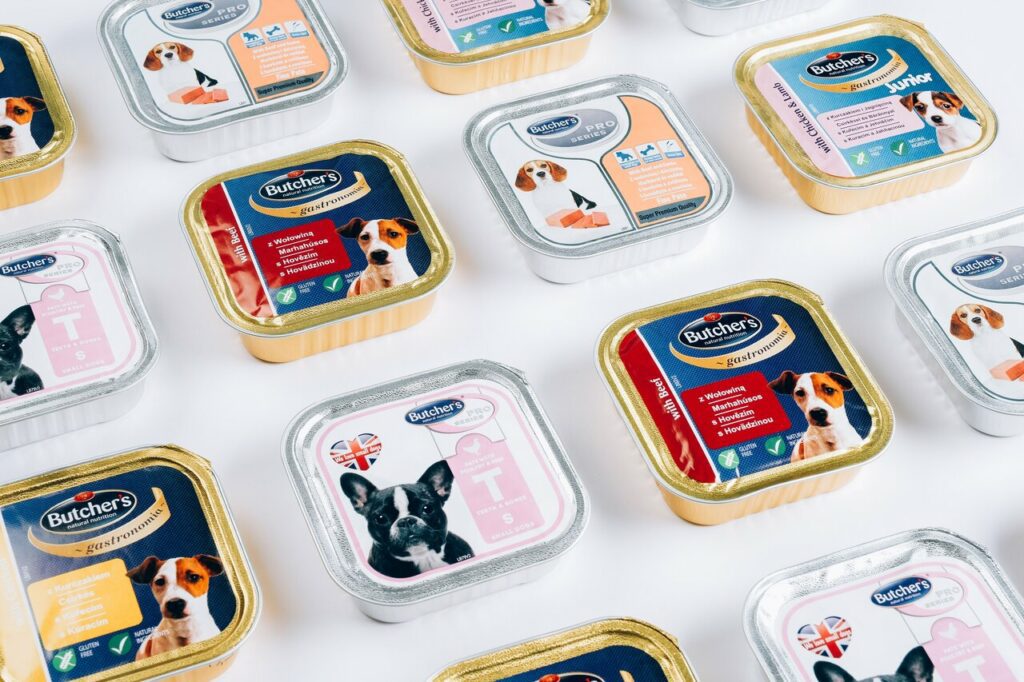Pets need a balanced diet to stay healthy, just like humans. Unfortunately, many pet owners don’t realize that their pets need vitamins and supplements in addition to a good diet. Without proper supplementation, your pets can become malnourished or develop health problems.
In this blog post, we’ll discuss why your pets need vitamins, drugs, and supplements and how you can make sure they’re getting the nutrients they need. We’ll also provide some tips for choosing the right products for your pets.
What Are Vitamins And Why Do Pets Need Them:
Vitamins are essential nutrients that animals need in order to stay healthy. Pets need vitamins for many of the same reasons that humans do, such as to support proper growth and development, boost immunity, and protect against disease.
While pets can get some vitamins from their diet, they may also need supplements to ensure they are getting enough of these vital nutrients.
For example, dogs and cats who don’t consume enough meat may need a supplement that provides additional vitamin A. Senior pets might benefit from a vitamin B supplement to help them maintain energy levels and cognitive function.
Ultimately, your veterinarian can help you determine whether your pet needs vitamins and, if so, which ones would be most beneficial.
Importance Of Pet’s Health:
As a pet owner, your furry friend’s health is always a top priority. That’s why it’s so important to make sure they’re getting all the nutrients they need to stay healthy and happy. While a good diet is essential, vitamins and supplements can also play an important role in your pet’s health.
The Benefits Of Giving Your Pet Vitamins:
As a pet owner, you want to do everything you can to keep your pet healthy and happy. That’s why it’s important to make sure they’re getting all the nutrients they need, including vitamins. Here are some of the benefits of giving your pet vitamins:
Vitamins help boost the immune system, keeping your pet healthy and preventing them from getting sick. It can improve the quality of your pet’s fur, making it softer and shinier and gives your pet more energy and helps them to stay active. Vitamins can help to prevent health problems in later life, such as osteoarthritis.
So as you can see, there are plenty of good reasons to give your pet vitamins. Talk to your veterinarian about which type of vitamin supplement is right for your pet.
Pet’s Diet:
As we mentioned, a good diet is essential for your pet’s health. That means feeding them high-quality food that contains all the nutrients they need. However, even the best diets can be lacking in certain vitamins and minerals. That’s why supplements are often necessary to ensure your pet is getting everything they need.

Most commercial pet food is fortified with vitamins and minerals, so if you’re feeding your pet a quality diet, they may not need any additional supplementation. However, it’s always best to talk to your veterinarian to be sure.
When choosing food for your pet, always look for one that is complete and balanced. This means it contains all the nutrients your pet needs in the right proportions. You should also choose a food that is appropriate for your pet’s life stage. For example, puppies and kittens need a different type of food than adult dogs and cats.
Importance Of Nutritional Supplements;
In addition to a good diet, your pet also needs nutritional supplements to stay healthy. These supplements provide your pet with the vitamins and minerals they need to grow and develop properly. They can also help to prevent health problems in later life.
How To Choose A Pet Vitamin:
When choosing a pet vitamin, it’s important to pick one that is complete and balanced. This means it contains all the nutrients your pet needs in the right proportions. You should also choose a food that is appropriate for your pet’s life stage.
Here are a few things to keep in mind when choosing a dog vitamin:
Vitamin C:
Vitamin C is an important antioxidant. It helps to protect cells from damage and can boost the immune system.
Vitamin D:
Vitamin D allows your dog’s body to balance minerals and absorb calcium. This is important for strong bones and teeth.
Vitamin E:
This is one of your dog’s defenses against oxidative damage. It helps to protect cells and improve circulation.
Vitamin K:
It helps with blood clotting and bone health. It is important for wound healing and overall health.
Vitamin B:
There are several different types of vitamin B, all of which are important for your dog’s health. They help with energy metabolism, immune function, and red blood cell production.
Now that you know a little more about vitamins for dogs, you can choose the right one for your pet. Talk to your veterinarian about which type of vitamin supplement is right for your dog.
Are There Any Risks Associated With Giving Pets Too Many Vitamins?
Yes, there are risks associated with giving pets too many vitamins. Overdosing on vitamins can cause health problems such as liver damage, kidney stones, and gastrointestinal issues. It’s important to talk to your veterinarian about the right dosage of vitamin supplements for your pet.
Never give your pet more than the recommended amount. Giving your pet the right vitamins and minerals are essential for their health. A good diet is the first step, but supplements may also be necessary to ensure your pet is getting everything they need.
What Are Some Common Signs That A Pet May Be Vitamin-Deficient?
There are a few common signs that a pet may be vitamin-deficient. These include:
Weight loss Lethargy Poor coat quality Gastrointestinal issues
If you notice any of these signs in your pet, it’s important to take them to the veterinarian. They can recommend it.
What Are The Best Pet Food Manufacturers:
There are a few different pet companies that make high-quality, complete, and balanced foods. These include Royal Canin, [Hills Science Diet](https://www.hillspet.com/kitten-food, and Purina Pro Plan. When choosing food for your pet, always look for one that is complete and balanced. This means it contains all the nutrients your pet needs in the right proportions. You should also choose a food that is appropriate for your pet’s life stage. For example, puppies and kittens need a different type of food than adult dogs and cats.
The Effect Of Homemade Diet On Pet’s Health:
A homemade diet can be a healthy option for your pet. However, it’s important to make sure the diet is complete and balanced. You can cook the pet food in fish oil or olive oil to help with the absorption of vitamins. Folic acid is important for pregnant animals because it helps to prevent birth defects.
Pantothenic acid is important for animals because it helps to produce energy. Pyridoxine is important for animals because it helps to produce red blood cells.
Other Medications For Pets:
Other medications can be given to pets besides vitamins. These include:
Antibiotics:
Pet owner should only give their pet antibiotics if prescribed by a veterinarian. Antibiotics are used to treat bacterial infections.
Antifungals:
It is used to treat fungal infections.
Antiparasitics:
Used to treat parasitic infections.
Vaccines:
Make sure your pet is properly vaccinated to help prevent disease.
The Bottom Line:
We hope you found this article helpful in understanding the importance of vitamins and minerals for your pet. It is always best to consult with a veterinarian before starting any new supplement routine, but we believe that adding a quality multivitamin to your pet’s diet can go a long way in keeping them healthy and happy. Have you ever given your pet too many vitamins? What was the outcome? Let us know in the comments below.


